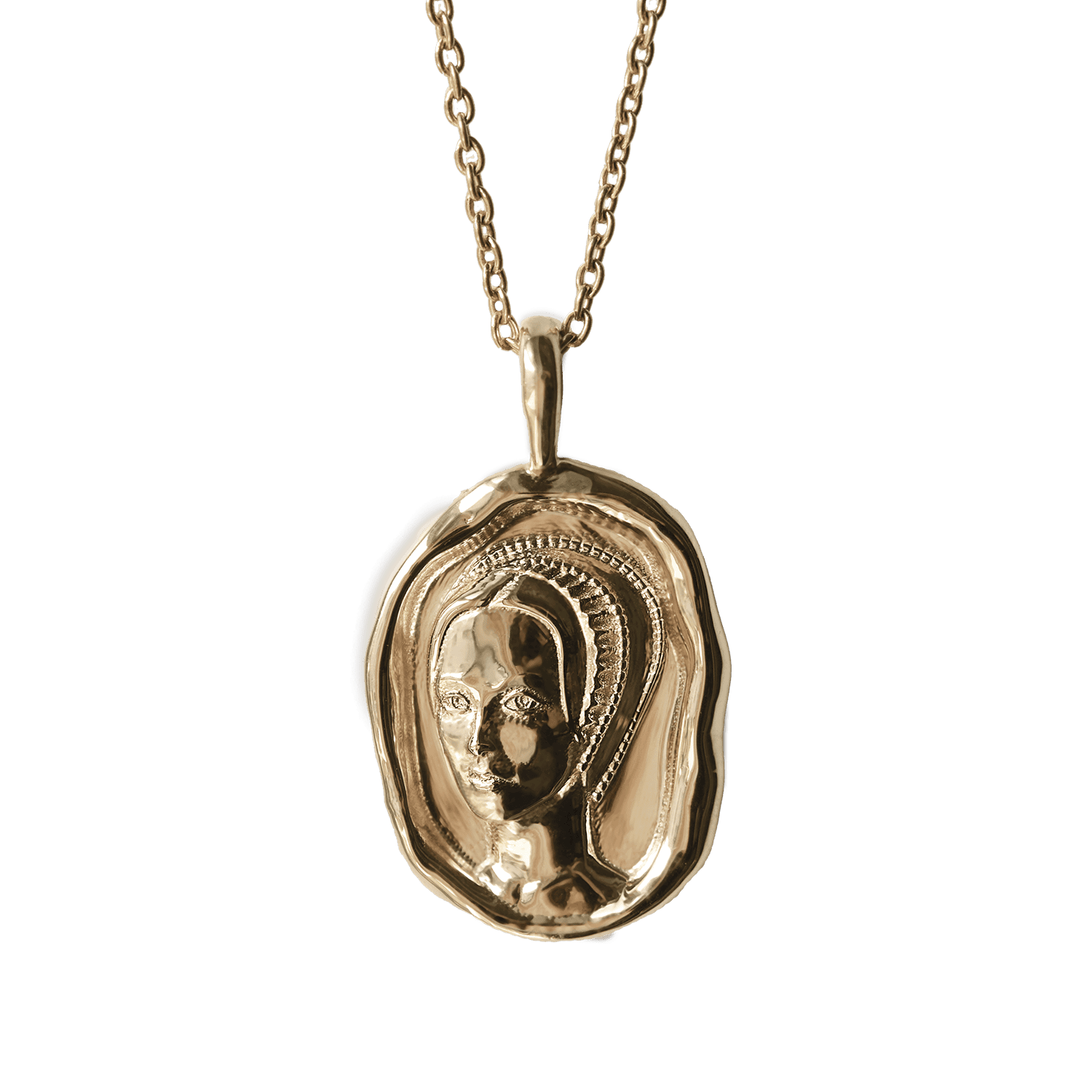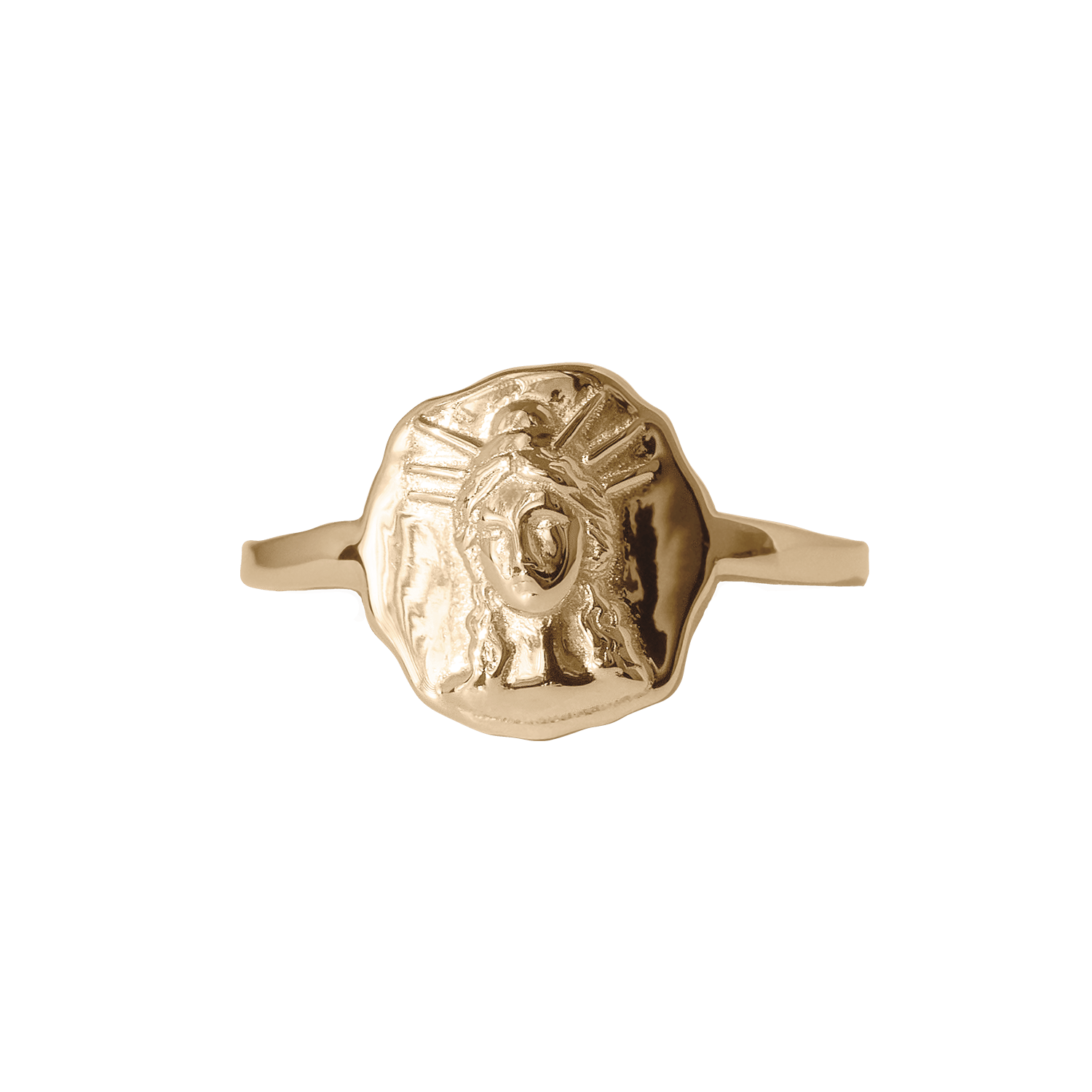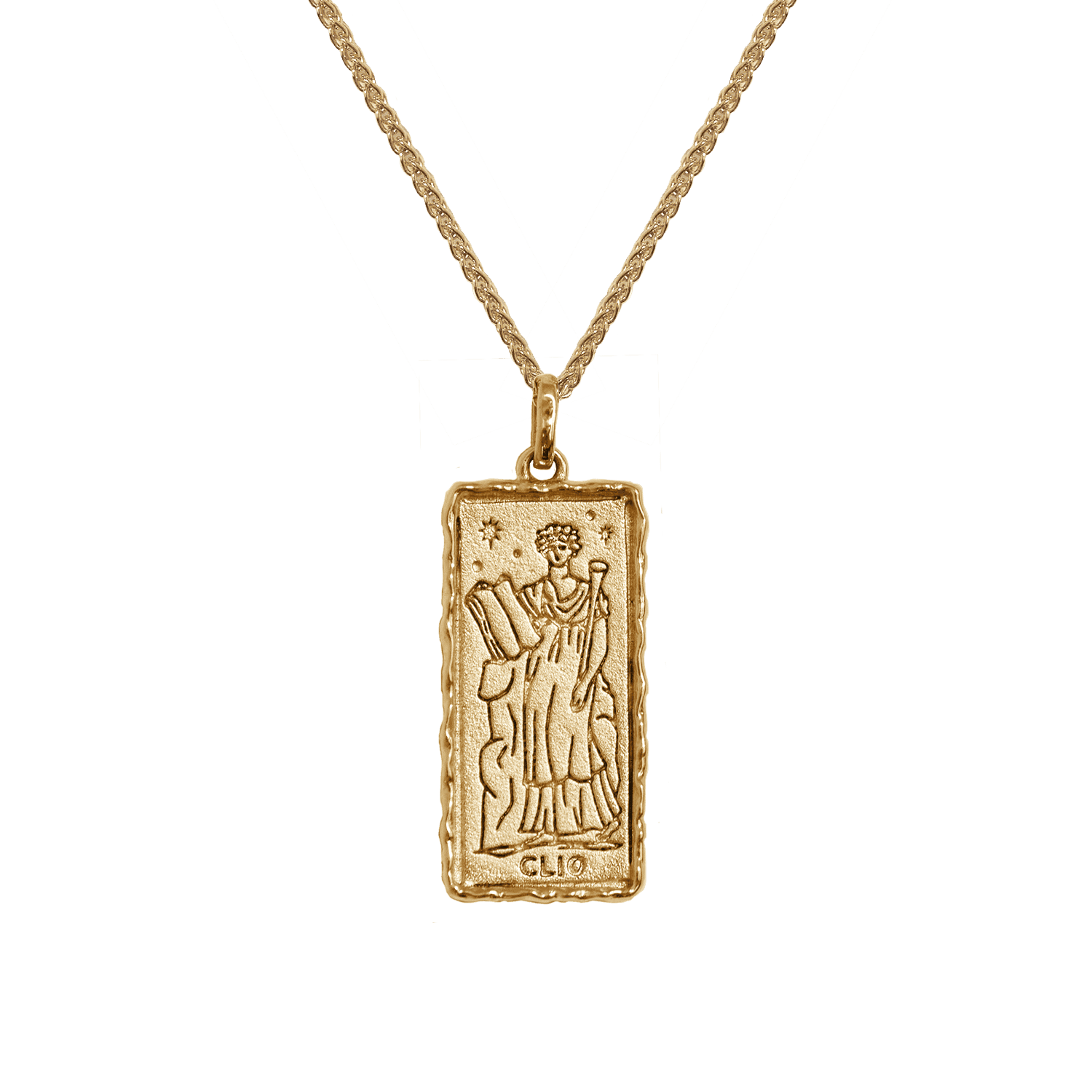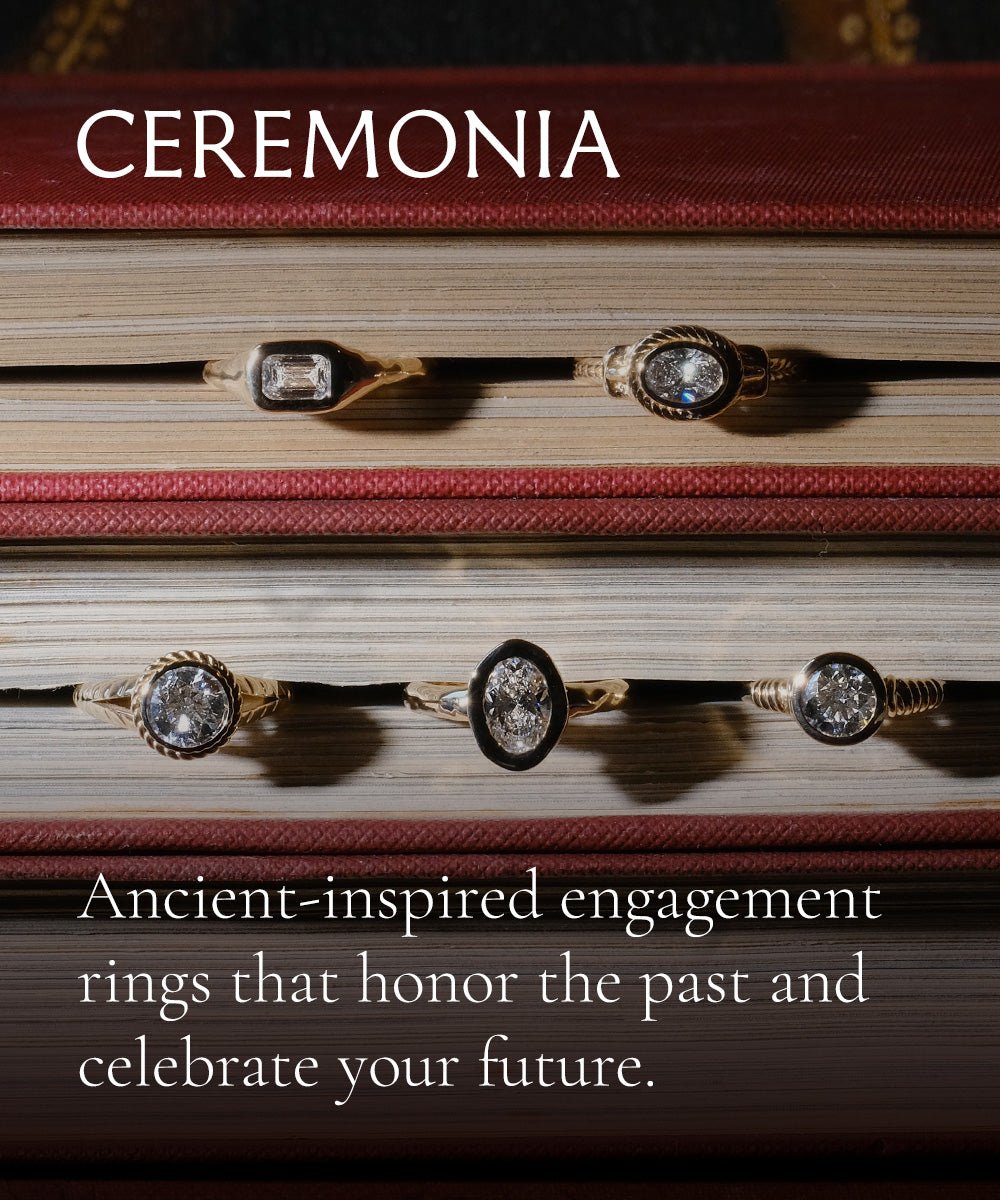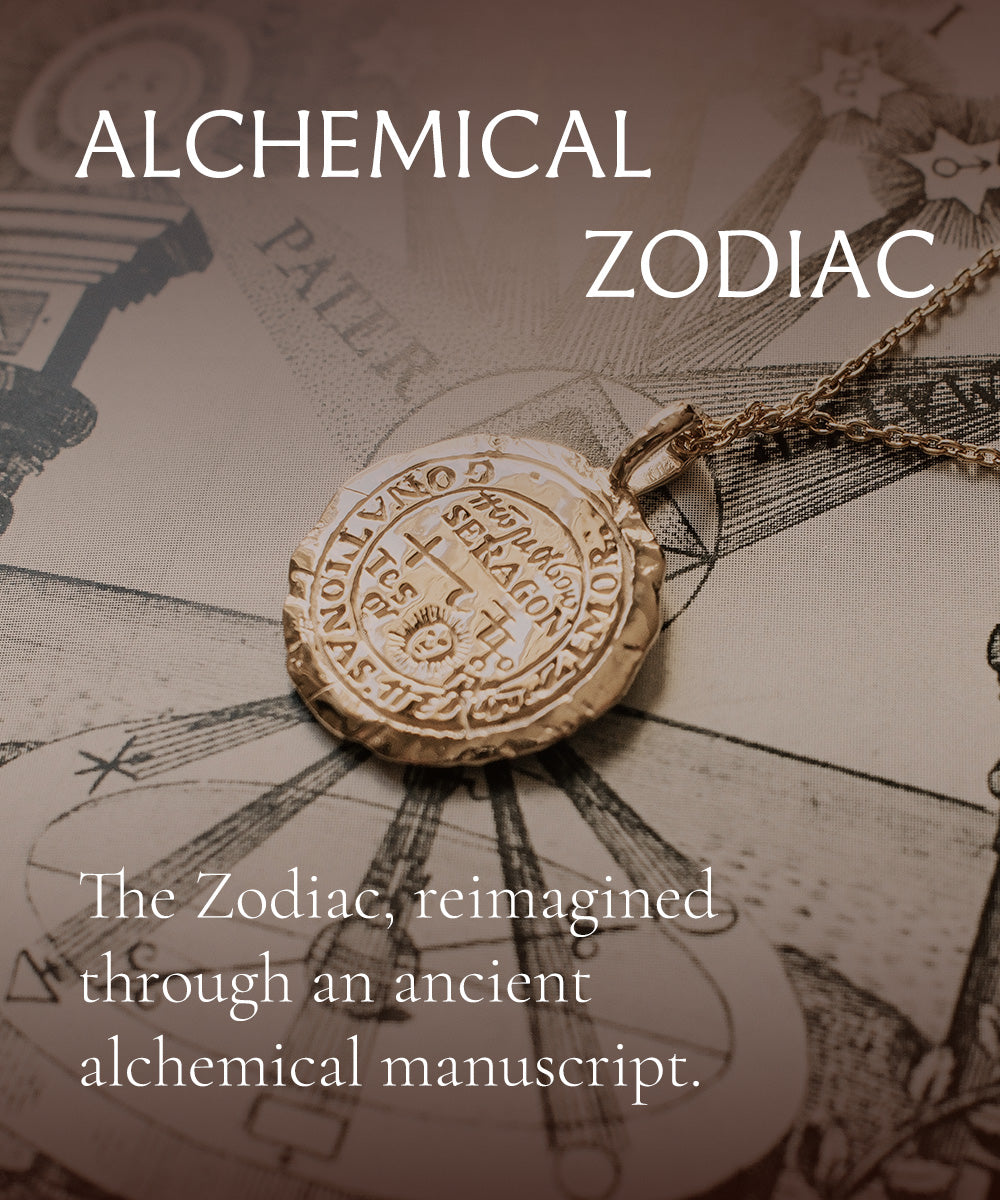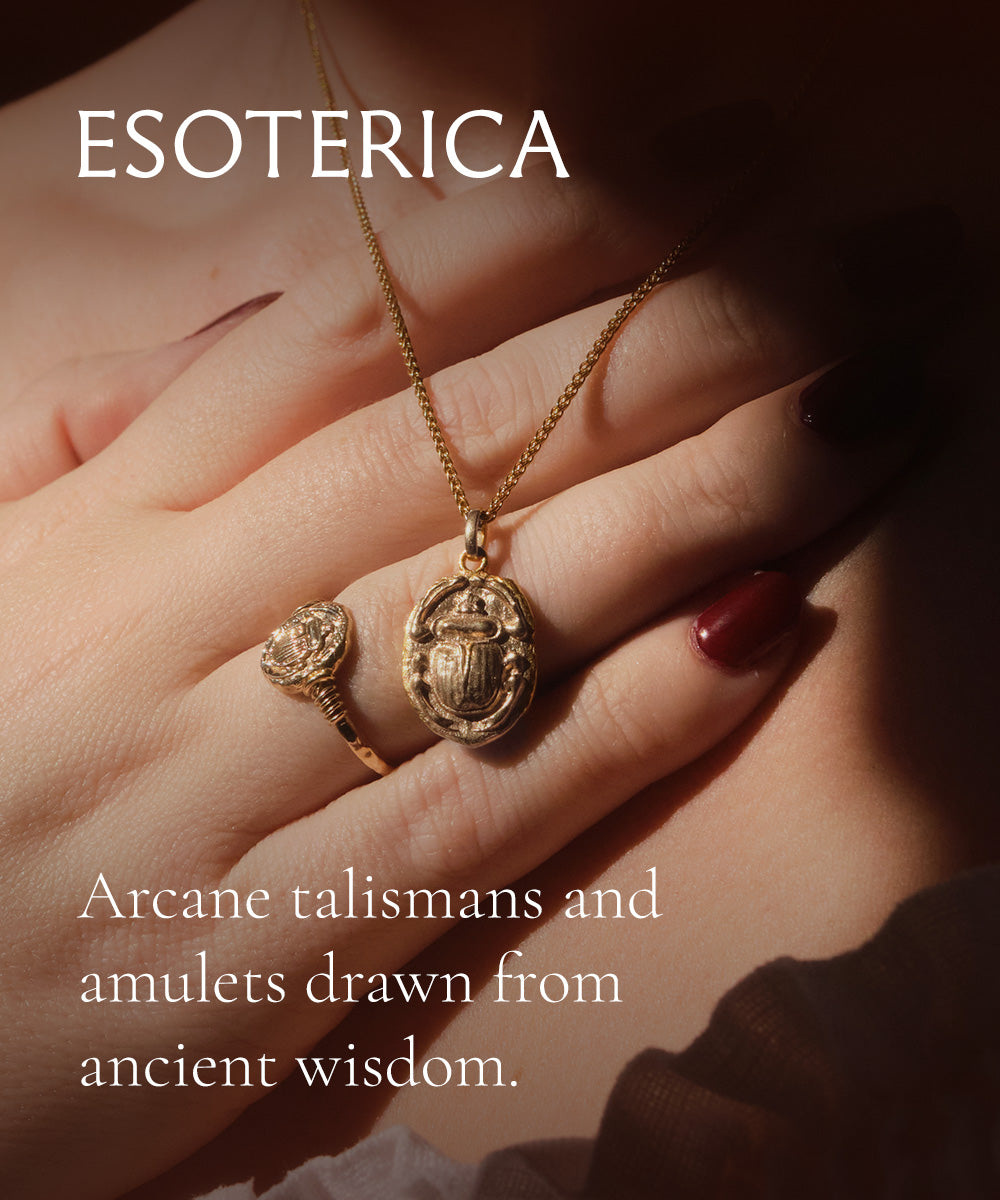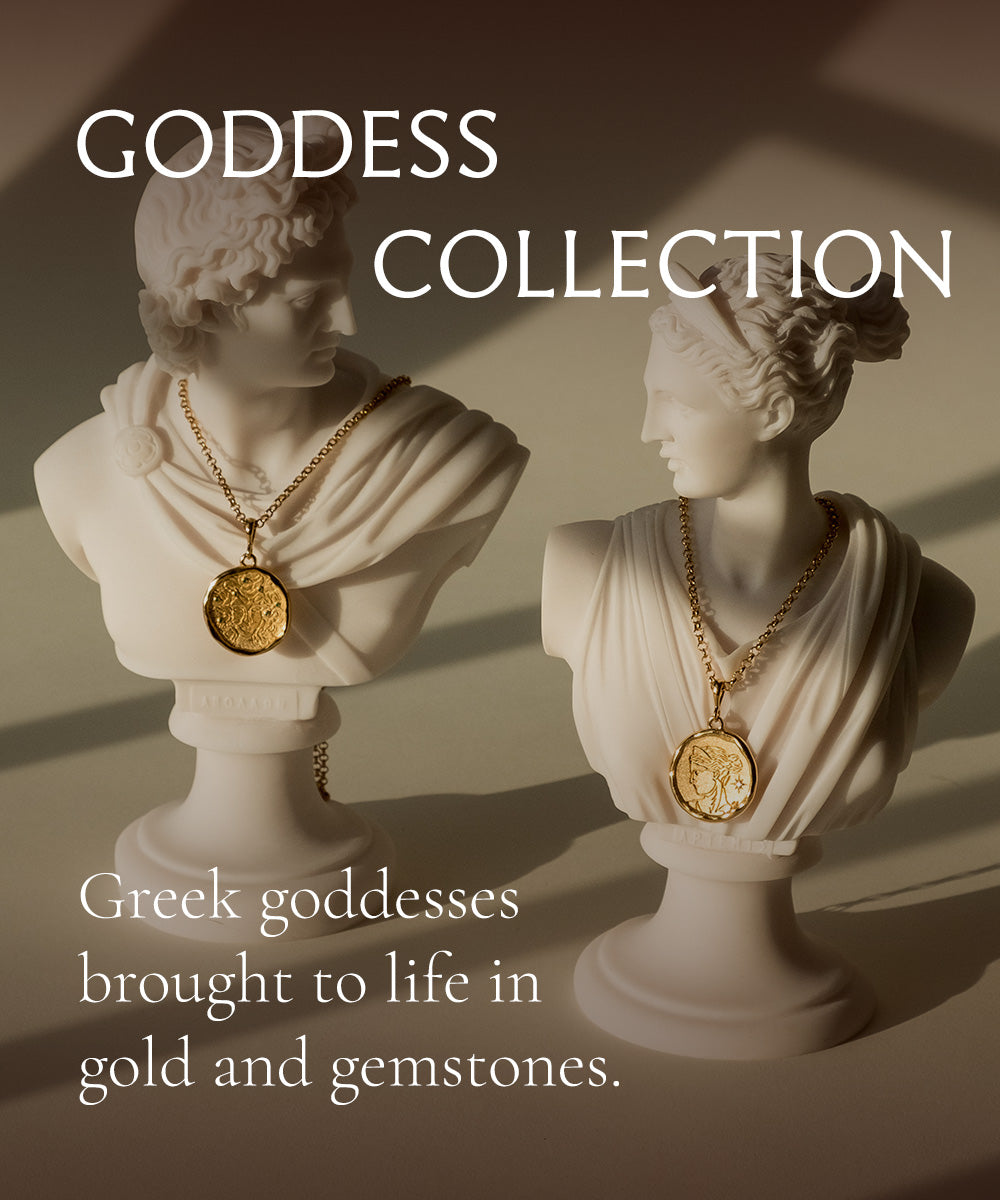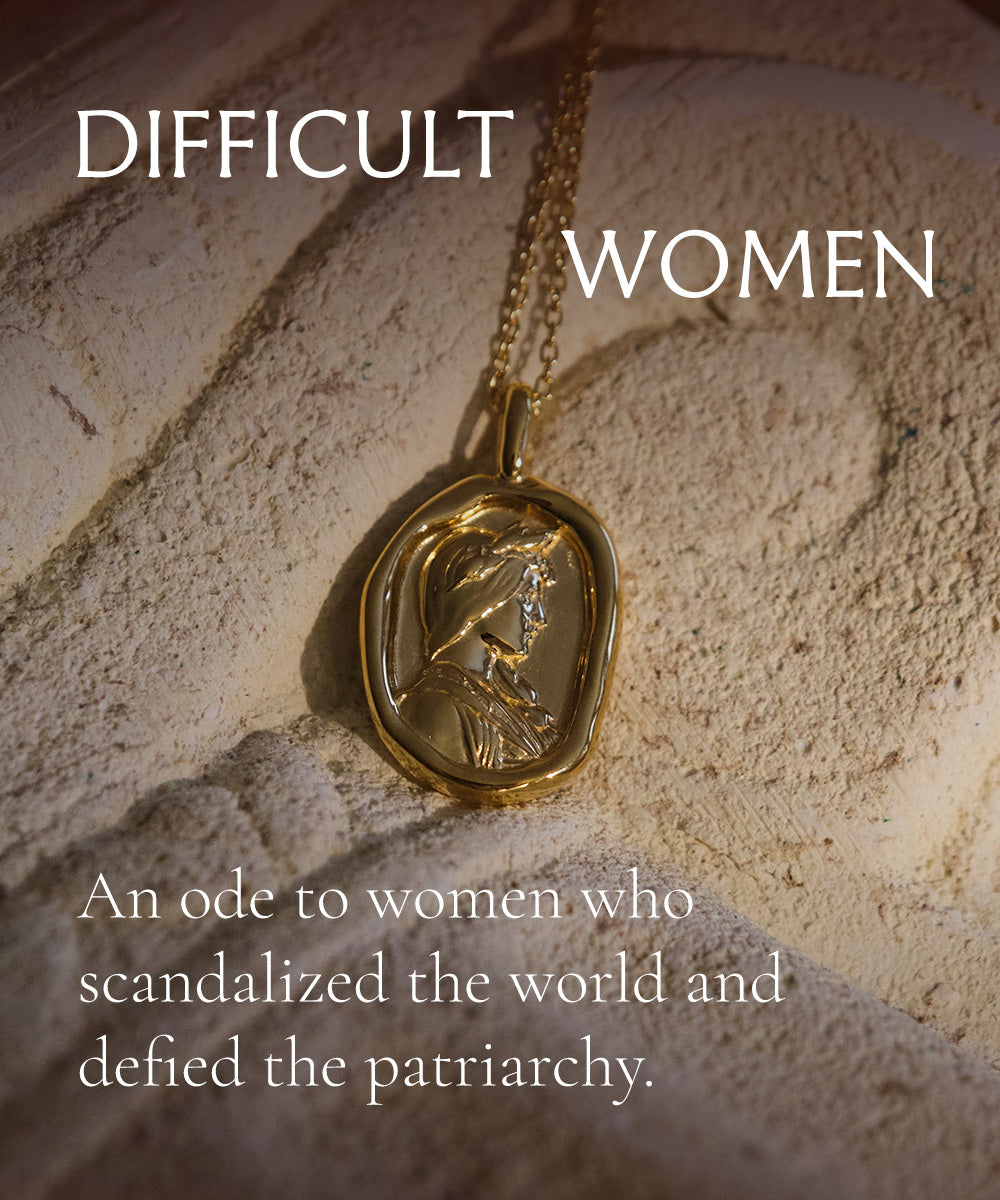Welcome to the second installment of what I’ve come to think of as Tragic Romance Month. Today, we draw again from the well of Ovid.
Love does not always make sense.
Feelings rarely follow any sort of logic. And why would they? A gesture as simple as a smile can set your heart aflame, so long as it’s from the right person. In the moment, it is nothing short of magnificent, but it can leave you feeling vulnerable. Once infatuation encircles your heart, it’s as if you have handed over the reins and can only hold on for dear life.
Echo was a nymph who lived in the mountain glade, cursed to speak only the last syllables that she heard. She wandered day and night, through the forests and the vale, lamenting her fate, until the day she saw Narcissus.
She first saw him through the reeds. A golden youth lay supine beside the mountain pond, his head in his hands.
He did not notice her. His eyes belonged to the man in the pond, entrapped by his own reflection. His hair, golden as Apollo’s, his complexion pure as snow, shining skin taut over strong limbs. Echo’s heart surrendered, for he was a living man who looked as if he had been carved of marble.
But he never looked up. As Echo fell in love with him, Narcissus fell in love at the sight of himself, and both stood frozen, tantalized, tormented by unrequited love.
“Youth beloved in vain,” he lamented, understanding too late that his reflection could never return the affection he so desired. He was enamored of a ghost, a figure that could never return his love, and remained even as he wasted away. In his place grew the Narcissus flower, or the daffodil, yellow and bright as his golden hair.
“In vain,” Echo agreed, because she, too, was enamored of a ghost; her devotion was futile, she could not love him into loving her back. In time, all that remained of Echo was her voice, echoing through the mountain pass.
Chi dara fine al gran dolore?
L’ore.
(”Who will put an end to this great sadness? "The hours passing.”)
-John Hollander, The Figure of Echo (Berkeley: University of California Press, 1981)

